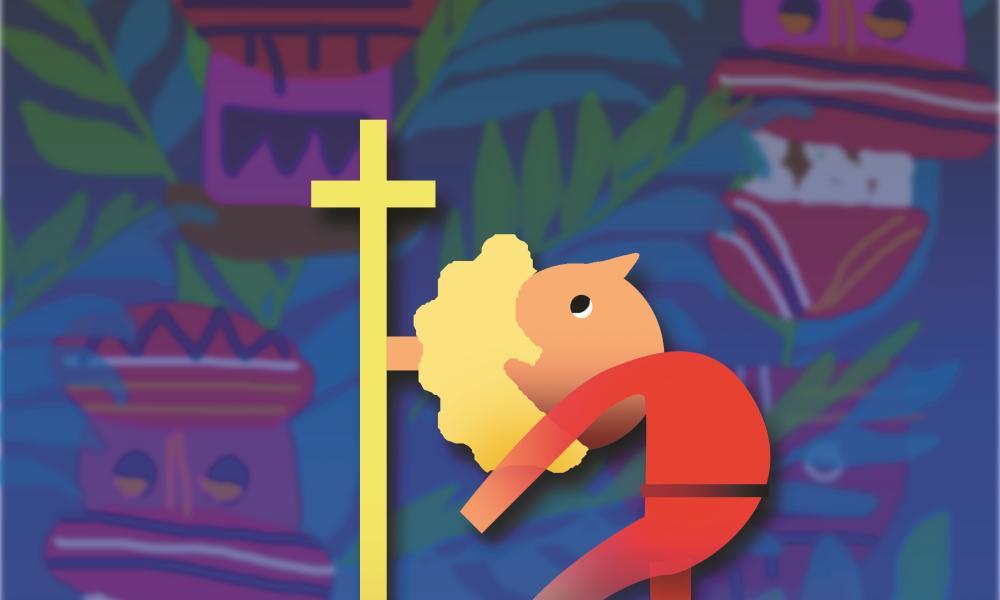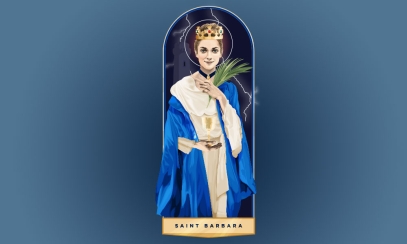
St. Peter Chanel and the Cannibals of Oceania
If you ever wonder whether one person can really make a difference, think about the life – and death – of St. Peter Chanel whose martyrdom sparked the conversion of an entire island.
Peter didn’t set out to do great deeds. Born in 1803 in a small mountain village in France, he began attending the parish school when the local priest noticed the little shepherd boy’s intelligence and piety. When Peter entered the seminary, his teachers and classmates were drawn to his simple faith. After his ordination, Father Peter served in a rundown country parish that he revitalized during the three years he worked there.
But Peter Chanel had dreams of being a missionary. In 1831, at the age of 28, he joined a new missionary group, the Society of Mary (Marists), which had been founded in Lyons, France. But instead of being sent to foreign lands to preach the Gospel, Father Peter was assigned to teach at the local seminary in his home diocese of Belley. He taught patiently and willingly for five years before he was chosen to join a band of missionaries bound for the New Hebrides, a group of islands in the south Pacific (Oceania). The trip to the islands took 10 months. Peter and one other missionary were assigned to the Island of Futuna, ruled by King Niuliki.
Although Peter didn’t have to deal with cannibalism – King Niuliki had stopped the practice shortly before the missionaries arrived on the island – the work of converting the people was slow going. Peter learned the native language, tended to the sick, and slowly began to win the people’s confidence. Their name for him was “the Man with the Kind Heart.” But not many of the few thousand residents of Futuna embraced Christianity right away.
As time went on, a few people came forward to be baptized. The king grew angry with Peter and tried to stop his work. But the king’s anger turned to rage when his own son, Meitala, converted to Christianity. King Niuliki ordered his prime minister and other men to stop this missionary – once and for all.
Early on the morning of April 28, 1841, the warriors wounded and killed several of the neophyte Christians, then advanced on Peter Chanel’s hut. They clubbed him to death, then cut Peter to pieces. But the pagan king’s plan backfired. Within a year, everyone on the island had converted to Christianity. The people of Futuna remain Catholic to this day – a living testament to the holy work of one man.
St. Peter Chanel was beatified in 1889 and canonized in 1954. He is called the proto-martyr or first martyr of the Society of Mary, and of Oceania.



